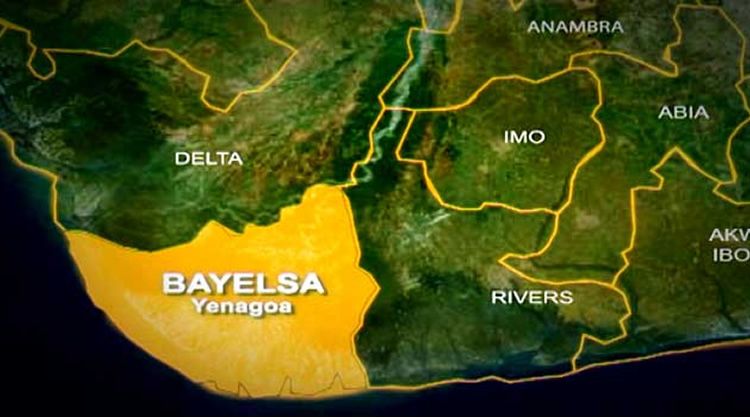In a bid to sustain the peace currently being enjoyed in Bayelsa State, a 19-member committee has been inaugurated to draft a bill for the establishment of a Community Peace Commission in the state.
The committee’s mandate is to develop a draft bill to be presented to the Bayelsa State House of Assembly, aimed at institutionalizing sustainable peace in the region.
The initiative was announced at a multi-stakeholder state-level dialogue held in Yenagoa on Tuesday with the theme “Transformative and Sustainable Community Peace in Bayelsa State.” The event was organized by Search for Common Ground (SFCG) with support from the European Union (EU).
SFCG, in partnership with the Partnership Initiatives in the Niger Delta (PIND) and the Stakeholder Democracy Network (SDN), has been working in the Niger Delta for nearly two years to promote peace and stability.
The drafting committee, operating under the Bayelsa State Peace Architecture (BYSPA), is chaired by former senator Barigha Amange and co-chaired by Watson Alfred Belemote, Commissioner for Community Development and BYSPA Chairman.
Ayibanengiyefa Egba of the Bayelsa State House of Assembly will serve as the committee’s Secretary, while Inebaraton Preye, BYSPA Secretary, will act as Co-Secretary. Other members include representatives from security agencies, non-governmental organizations, the Ministry of Justice, youth and gender-based groups, and the legal community.
Delivering the keynote address, Prof. Tonbara Kingdom, Deputy Vice-Chancellor of Niger Delta University, identified drug abuse, communal crises, small arms proliferation, chieftaincy disputes, cultism, oil-related conflicts, and political violence as key drivers of insecurity in the Niger Delta.
“Communities must be at the heart of peacebuilding,” Prof. Kingdom said. “Political violence, especially during elections, remains a major trigger. We also see companies awarding contracts and jobs in ways that spark conflict in communities.”
He stressed the need for peace committees involving traditional rulers, women, and youths as mediators, and called for stronger collaboration between communities and security agencies. Economic empowerment, agricultural initiatives, and local content participation in oil and gas, he added, are essential to sustaining peace.
Also speaking, Prof. Christopher Onyema, Deputy Vice-Chancellor (Academics), Federal University Otuoke, commended the initiative, describing it as a crucial step toward long-term stability.
“What we are doing today is significant,” Onyema said. “If we create bodies to consolidate the gains we’ve made, peace can be sustained. Peace doesn’t mean the absence of conflict; it means reducing conflict to a level where people can coexist without stress. We must focus on our youth because they are our future.”
Onyema emphasized the need for a Peace Commission that functions as a regulatory body, with full involvement of government, traditional leaders, and community stakeholders.
Speaking on behalf of SFCG, Oppwill Ayitu, Governance and Advocacy Coordinator, reiterated the organization’s commitment to building transformative peace in the Niger Delta.
Solomon Adejo, Sub-Component Project Manager of SFCG, highlighted some of the group’s achievements, noting that Search for Common Ground is currently working in 66 communities across the Niger Delta.















